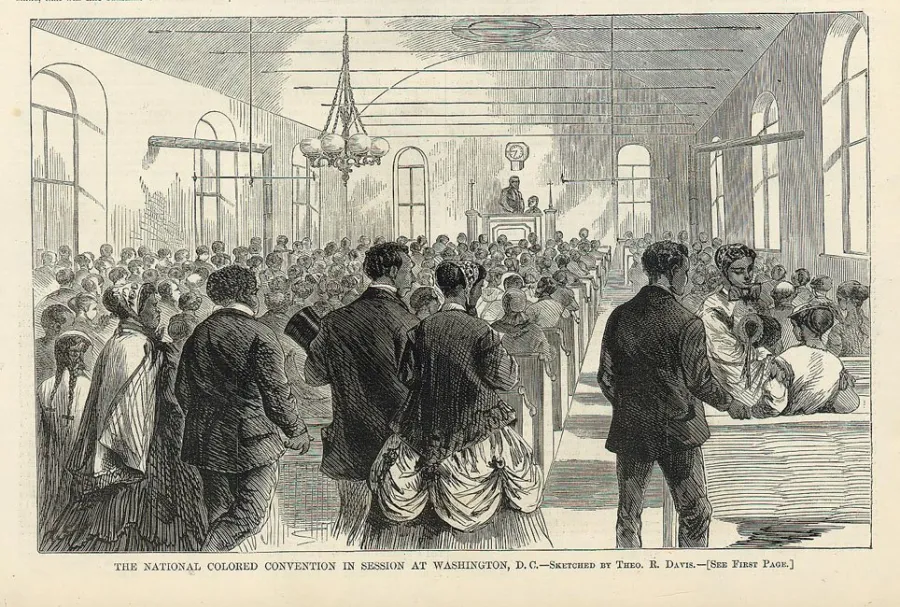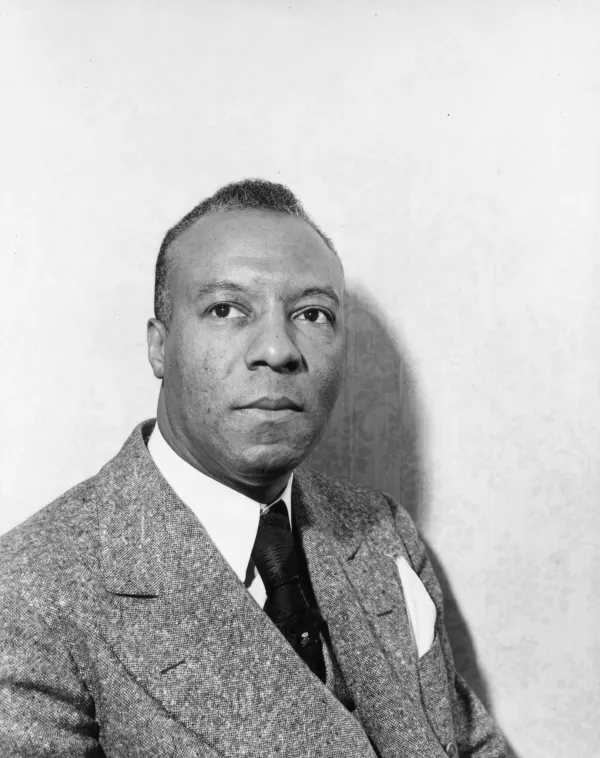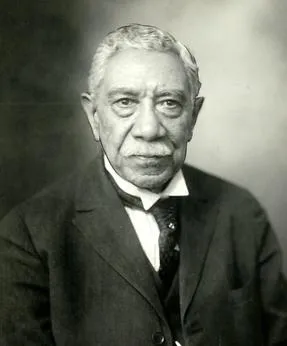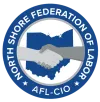Black History Month: Honoring the Legacy of Black Labor Leaders in the Fight for Justice

As we celebrate Black History Month, it’s essential to recognize the deep and enduring connections between Black history and the labor movement. From the earliest days of organized labor to the modern fight for workers’ rights, Black workers and leaders have played a pivotal role in shaping the American labor landscape. Their struggles and triumphs not only advanced the cause of labor justice but also intersected with the broader fight for civil rights and racial equality. Here in Cleveland, that legacy is rich with stories of perseverance, leadership, and progress.
The Roots of Black Labor Activism
The history of Black labor in America is rooted in resistance. Enslaved Africans brought to the United States were forced into labor under brutal conditions, but even in bondage, they resisted through work slowdowns, sabotage, and rebellion. After Emancipation, freed Black workers faced new forms of exploitation in sharecropping, convict leasing, and exclusion from many of the emerging labor unions that catered primarily to white workers.
Despite these challenges, Black workers organized. In 1869, Isaac Myers, a pioneering Black ship caulker, founded the Colored Caulkers Trade Union Society in Baltimore after Black workers were driven out of their jobs by white mobs. This led to the formation of the Colored National Labor Union (CNLU) in 1869, the first national labor organization for Black workers, led by Myers and later Frederick Douglass. The CNLU fought for equal rights, better wages, and land reform, highlighting the intersection of economic and racial justice.
Black Leaders Who Transformed the Labor Movement
Throughout history, Black labor leaders have been at the forefront of the fight for workers' rights:

- A. Philip Randolph, one of the most influential figures in both the labor and civil rights movements, founded the Brotherhood of Sleeping Car Porters in 1925, the first predominantly Black labor union to gain a charter in the American Federation of Labor (AFL). Randolph’s leadership not only secured better wages and working conditions for porters but also laid the groundwork for the broader civil rights struggle, including organizing the March on Washington in 1963.
- Bayard Rustin, a close associate of Randolph and a key strategist of the civil rights movement, blended labor activism with nonviolent resistance. Rustin was instrumental in organizing the March on Washington and advocating for the inclusion of economic justice in the civil rights agenda.
- Lucy Parsons, an anarchist and labor organizer of African American, Native American, and Mexican descent, was a powerful advocate for workers’ rights and free speech in the late 19th and early 20th centuries. She was a founding member of the Industrial Workers of the World (IWW) and fought tirelessly for the rights of marginalized workers.
- Addie Wyatt, a trailblazer in the labor movement and a leader in the United Packinghouse Workers of America (UPWA), was one of the first African American women to hold a high-ranking position in an international labor union. She was a fierce advocate for both labor rights and gender equality.
Cleveland’s Legacy of Black Labor Activism
Cleveland holds a special place in the history of Black labor activism. The city’s booming industrial sector attracted thousands of Black workers from the South during the Great Migration, offering new opportunities but also exposing them to harsh working conditions and racial discrimination. However, Cleveland’s Black labor leaders rose to the challenge, fighting for better conditions, fair wages, and the inclusion of Black workers in the broader labor movement.

One of Cleveland’s earliest and most influential Black leaders was John Patterson Green, often called the "Father of Labor Day in Ohio." A lawyer, politician, and advocate for workers' rights, Green served in the Ohio legislature and played a pivotal role in establishing Labor Day as a state holiday in Ohio before it became a national holiday. His work highlighted the critical link between labor rights and political action, paving the way for future generations of Black labor leaders in Cleveland and beyond.
Bruce Foster was another prominent figure in Cleveland’s labor history. In 1968, he was elected president of Amalgamated Transit Union Local 268, becoming the first African American local president in ATU’s history. Under his leadership, Local 268’s 1,400 members’ went from 37th in pay to the 16th highest paid in the nation. He was elected as an International Vice President in 1971—once again making history.
William Burrus, a towering figure in the postal labor movement, also began his career in Cleveland. Burrus started as a postal clerk and quickly became active in organizing postal workers. He served as President of the American Postal Workers Union (APWU) from 2001 to 2010, becoming the first African American elected to lead a national union through a direct vote of its membership. Throughout his career, Burrus was a staunch advocate for postal workers' rights, fighting against privatization efforts and ensuring fair wages and benefits. His leadership not only strengthened the APWU but also left an indelible mark on the broader labor movement, inspiring future generations of labor leaders in Cleveland and beyond.
Lee Saunders, the current National President of AFSCME (American Federation of State, County, and Municipal Employees), is a proud Cleveland native whose leadership continues the legacy of Black labor activism. Saunders' journey in labor began in Ohio, where he worked with the Ohio Civil Service Employees Association (OCSEA), an AFSCME affiliate. His early involvement with OCSEA gave him firsthand experience in organizing public sector workers and fighting for their rights. This foundation propelled him into national leadership, where he has been a powerful voice advocating for public service workers and fighting for economic and racial justice. Under his leadership, AFSCME has strengthened its commitment to civil rights and the protection of workers' rights across the country.
The Continuing Struggle
Today, the fight for racial and economic justice continues. Black workers are still disproportionately represented in low-wage industries and face systemic barriers to advancement. However, the legacy of leaders like Randolph, Rustin, Parsons, Wyatt, Saunders, Burrus, Green, and Foster continues to inspire new generations of activists.
Organizations like the North Shore Federation of Labor, AFL-CIO, play a crucial role in advancing these causes locally, building on the work of past leaders to ensure that all workers—regardless of race—are treated with dignity and respect. As we reflect on Black History Month, it’s vital to honor the contributions of Black labor leaders and recognize that the fight for workers' rights and racial justice are inseparable.
By remembering the past, we can build a more just and equitable future for all.
